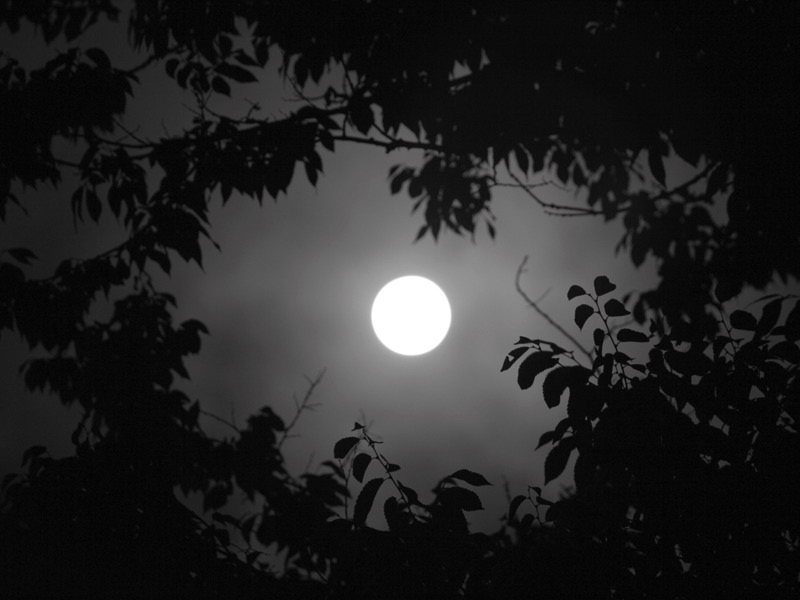I used to love Trick-or-Treating as a little kid. Every year, my best friend Geoff Wright and I would walk around for hours in our suburban neighborhood collecting candy and getting into trouble. We’d eat ourselves into a coma and laugh and run around.
It was awesome.
Since I lived in the same house from first grade until my senior year of high school, Geoff and I became very familiar with all the homes in our area. We knew which ones gave lots of candy (so cool), and which ones gave money (lazy, but still cool), and which ones gave out apples (lame, uncool, and oddly industrious).
But there were always a few homes which, on Halloween, were completely dark. They looked abandoned, foreboding, and uninviting. I always just thought these homes were either for sale or that the owners were out somewhere else celebrating, but one night I clearly remember a middle-aged couple peeking out from behind their curtains, telling us: don’t even think about it as we crossed over their lawn.
I asked Geoff: what’s their problem?
And he told me: they’re Christians.
This was a strange concept for me. I was a Christian, albeit a young one (just 7 or 8 years old at the time, old enough to understand “Christian” but too young to understand there was more than one kind). Furthermore, my dad was a pastor and if there was something Christians didn’t do I felt pretty confident that he would tell me.
Well, I’m a Christian. I told Geoff.
Yeah, he said, but you don’t turn off your lights.
Over the years I’ve come to realize that, concerning Halloween, there really are two kinds of Christian people: lights on, and lights off.
Christian people who leave the lights on engage Halloween (I’m intentionally avoiding the term ‘celebrate’ here). They may still have reservations about some of the pagan roots of Halloween, or about all the horror movies or spooky stuff in the news, but they love their community and celebrate life and enjoy getting to see little kids in costumes pander for sweets.
Christian people who turn their lights off distance themselves from Halloween completely. They tend to think of the event as a kind of soft glorification of demons and witches (or, sometimes, a very strong glorification) and believe that they should keep themselves completely free from any involvement whatsoever on a moral, ethical, and scriptural basis.
Many Christians have concerns about Halloween – about its origins with pagan and occult practices, about the scary movies that always seem to be released around October, and about the general atmosphere of fear and terror associated with the event – and in many cases those fears are entirely justified. Like anything, Halloween is a complex issue with numerous aspects to it that each require adjudication and discernment. Some Christians want to abolish the event altogether, while others consider it alright for their children to go trick-or-treating so long as they don’t wear a scary costume.
What are we really to think of this holiday?
fossores
Related posts
Categories
Category Cloud
Tag Cloud
Recent Posts
- Victors and Victims November 6, 2018
- 3 Hacks for Happiness October 29, 2018
- Hope Against Death September 20, 2018
- The Shape Of The Cross September 19, 2018


